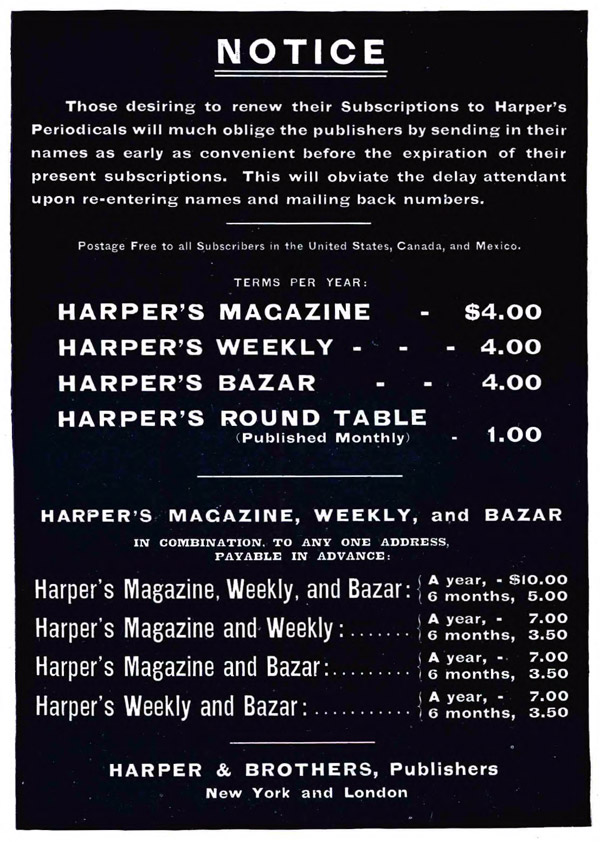
The Reuters’ headline says it all: “New York’s Sept. 11 museum to display hijacker perspective”…The current effort at what po-mo professors call “contextualization” will include photographs and quotations drawn from “martyrdom” videos made by the 19 terrorists who destroyed the World Trade Center, damaged the Pentagon, and slaughtered 40 people on United flight 93. Joe Daniels, president of the National September 11 Memorial & Museum, said that “No one will come to this museum and leave with a feeling of heroism” for the terrorists. Still, he wanted to “Let the perpetrators speak for themselves.” As in: “Let’s hear your side of the story, Mr. Himmler,” “What were you trying to accomplish, Pol Pot?” “I’m sure you had what you thought were good reasons — not of course that we necessarily agree — for detonating those bombs on the Madrid train in 2004: please, give us your perspective.”–“Exhibitions We Plan to Skip,” Roger Kimball, Pajamas Media
The viability of talking to Iranians; massaging the numbers in Darfur; detailed new pictures of the universe
For a salutary reminder of how easy it is for well-known “facts” to be no such thing, even when they are often repeated in print, consider some of the entries in “They Never Said It”, a compendium of misquotations published in 1989. Sherlock Holmes never said “Elementary, my dear Watson” (or anything like it). “Whenever I hear the word ‘culture’, I reach for my revolver” is a line from a play, not a quote from Hermann Goering. “Let them eat cake” began life in Rousseau’s “Confessions”, not the mouth of Marie-Antoinette. Voltaire never said “I disapprove of what you say, but I will defend to the death your right to say it.” And there is no reason to think Abraham Lincoln ever said “You can fool all of the people some of the time and some of the people all of the time, but you cannot fool all of the people all of the time”—though it is evidently true that you can fool a lot of people for a long time with the aid of books. The quip “Too much checking on the facts has ruined many a good news story” has long been attributed to an American newspaper magnate, Roy Howard; needless to say, it appears to be an invention. Book publishers mostly rely on their authors to ensure accuracy; dedicated fact-checking departments now rarely exist except at some magazines. The New Yorker’s checkers are justly renowned for their tenacious scepticism, but even they err sometimes. One reader was annoyed to find himself described as dead, and requested a correction in the next issue. Unfortunately, by the time the correction appeared, he really had died, thus compounding the error.–“Facts, Errors, and the Kindle,” Anthony Gottlieb, Intelligent Life
The undeniable silliness of A.J. Jacobs: “Maybe it’s a Jewish thing— never has a race of people been so disassociated from their bodies.” (Note: Jews not a race); The Quotable Douchebag; Brooklyn hates itself, but enjoys publicity; Brooklyn loves itself at least a little: “We put down a lawn just big enough for bocce but a touch too small for a cow”
You are the chewing gum
of God…
…Even
a fool like me can see
your broken
beauty, the way
out in this world where most
things disappear, driven
into ground, you are ground
already, & like rice
you rise. Drunken deacon,
sausage’s half-brother,
jambalaya’s baby mama,
you bring me back
to the beginning, to where things live
again.. —“Ode to Boudin,” Kevin Young, Meatpaper
Awkward attempt by New York Times to link cookies to the Obamas; is a food blog camp a good idea? It is at Club Med!; famous food fights
Birds on Wire Set to Music


